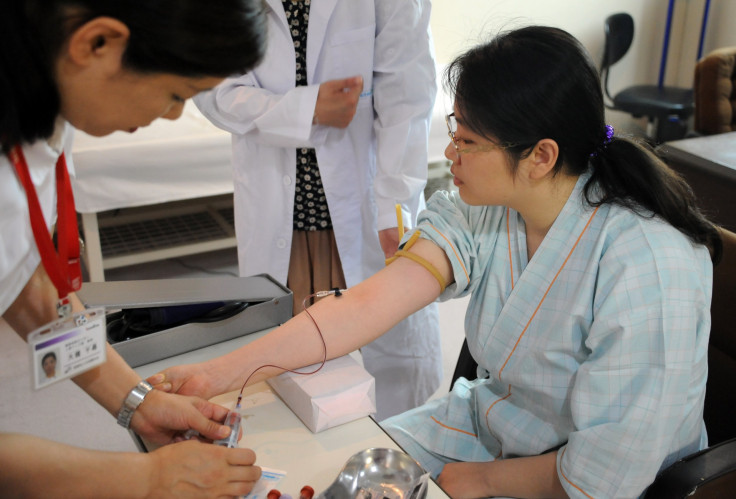Flesh-Eating Bacteria In Japan: Streptococcal Toxic-Shock Syndrome Has Reached All-Time High, Officials Warn

The number of patients infected with a deadly condition popularly called “flesh-eating disease” has reached an all-time high in Japan, the National Institute of Infectious Diseases found, according to the Japanese Times. At least 291 people reportedly were infected with the disease as of Aug. 23. The condition destroys tissue and results in death in almost one-third of cases.
“Researchers are not sure why the number is growing,” an official at NIID’s Infectious Disease Surveillance Center said, Japan Times reported. “There is so much we still don’t know about this disease.”
Normal early signs of the condition, formally called streptococcal toxic-shock syndrome, include minor, general symptoms like a sore throat or skin infection. It can also cause high-level fevers and swelling over the body, the Asahi Shimbun reported. The bacteria often exists in the body without spreading to certain organs, but when it does, it can cause sudden shock or malfunction of tissues.
Record level of flesh-eating #bacteria cases in Japan Spike began around 2011 #Fukushima http://t.co/C6gbArIeTy @EPA pic.twitter.com/GJa9TMIAs2
— MichaelLoBurgio (@MikeLoBurgio) January 8, 2015It is considered a rare yet highly dangerous condition, fatal in more than a quarter of the 712 patients infected with the condition between 2012 and 2014.
Scientists do not yet understand what prompts the disease to sometimes become more severe than in other cases. Most infected individuals die within the first three days.
Standard treatment includes antibiotics but can require the removal of dying tissue or amputation in severe cases. Most patients are over the age of 60 years old.
It is most often contracted through contact with the wounds of infected people, but there have been reported cases where it was unclear how the individual became infected, officials said.
A vaccine designed to prevent the infection is in Phase 1 of its clinical trials, Business Wire reported in August. Japanese officials are calling on individuals who experience symptoms, including fever or pain, to seek medical attention.
© Copyright IBTimes 2024. All rights reserved.






















